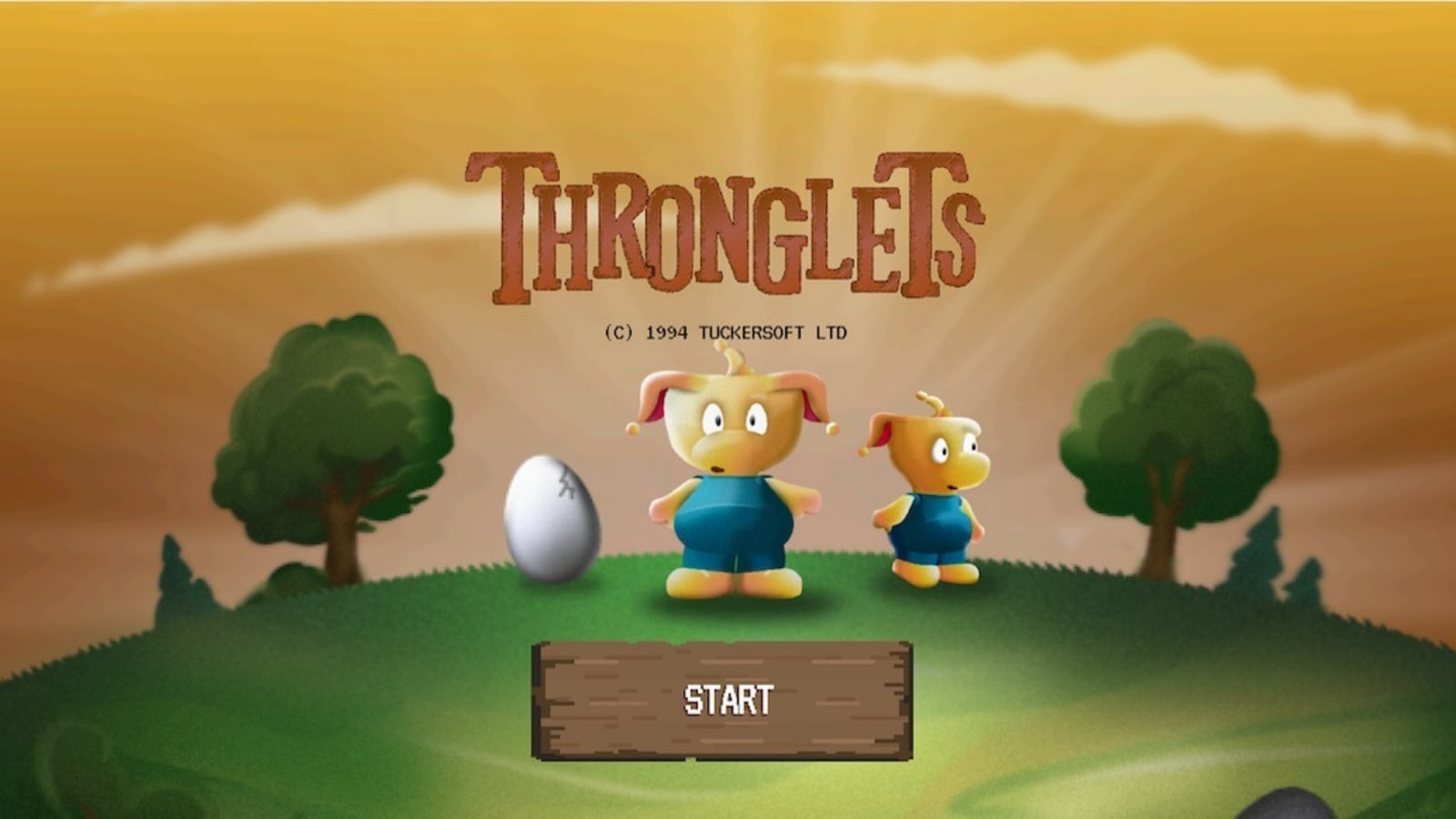Marva and Myriam Babel spent much of the past few years thinking about the concept of a space, especially how to sustain one in a gentrifying borough. Now that they have a new one, a membership club in Brooklyn called Babel Loft, they have been mulling over how to fill it.
The main area, a space with living-room furnishings, two bar areas, books from Questlove and the comedian Dick Gregory lying about, as well as D.J. equipment atop white marble, could be a work space during the day and a dance spot by night. Past the D.J. booth is a smaller room intended as a quiet space, and a left turn reveals a short hallway — still under construction on a recent visit — that leads to what the sisters call the B-side, which will be another music space once the ladders and cardboard boxes are cleared away. Another left turn brings visitors back to the entrance facing the main area, as if they had gone through one rotation of a vinyl record, Marva Babel pointed out.
“Every place will be intentional, and that’s a work in progress,” Myriam Babel (pronounced “babble”) said after the tour. “That’s actually the beauty and fun of it.”
The excitement about the space is not only about its possibilities, but also about simply having far more of it. Babel Loft is the sisters’ follow-up to Ode to Babel, a cocktail bar they founded in 2015 that grew to be a favorite of Black and L.G.B.T.Q. New Yorkers. The newer venture, geared toward what Myriam calls the “creative professional,” offers perks that include first-in-line access to events, a co-working space and priority reservations for the Babel Loft’s resident chef. To make these benefits and the space itself financially viable, the sisters have asked former patrons and newcomers to take a chance of their own: Whereas Ode to Babel, which closed at the end of June, was a free-to-enter venue, Babel Loft — also in Prospect Heights — is a membership club with fees. (Through the end of October, the annual fee is $810, after which time it will increase.)
The founding of Babel Loft — which is backed by a group of 35 investors, almost all of whom are Black, the sisters said — was partly encouraged by a belief in a community-oriented approach to business. For years, they had watched patrons support Ode to Babel because it was owned by Black women.
“The confidence came from really knowing who our community is,” Marva said. “Knowing that our community will want to hold space for each other, for themselves.”
Black-owned businesses were ascendant around the time of Ode to Babel’s founding. The number of Black businesses in U.S. metropolitan areas increased by nearly 14 percent from 2017 to 2020, compared with a 0.53 percent increase in businesses overall, according to the Brookings Institution. The concept of Black ownership received further attention in 2020, when the Covid-19 pandemic and the death of George Floyd forced an examination of the many hardships Black Americans face, including economic disadvantages.
To correct those disparities — which include less access to capital to start businesses, as well as a stark racial wealth gap — advocates called on consumers to spend at Black firms. Cherae Robinson, an entrepreneur and former Ode to Babel regular who is now a Babel Loft investor, saw an increasing sense of pride in that kind of intentional spending.
“More people are also just understanding the importance of us making those strategic decisions to spend our dollars in our community and to do that as often as possible,” Ms. Robinson said. “We’re going beyond, ‘I want a Black doctor, I want a Black dentist.’ Now, ‘I want a Black acupuncturist, I want to go to a Black wine shop, I want to go to a Black-owned yoga studio.’”
The Babel sisters, who declined to give their ages, said their economic principles dated to their upbringing in central Brooklyn. Their mother and grandmother, as well as their time at the East, an educational organization in Brooklyn that preached Pan-Africanism in the 1970s and ’80s, instilled in them the ideas of self-reliance and cooperative economics.
Tayo Giwa, a founder of Black-Owned Brooklyn, an online publication that has chronicled local Black businesses in the borough since 2018, acknowledged the increased visibility of Black businesses as part of the legacy of the George Floyd demonstrations. Still, he said, “We had been doing this way before that. The work that we were doing was not really in reaction to anything specific.”
The announcement that Ode to Babel would close was bittersweet. Patrons remembered it as if it had been a very loud living room, with an adventure promised each night. “It was one of the few places I can go and hear all of the types of music I love in one place, be guaranteed to leave with at least one phone number, whether that be new friend or new bae,” Ms. Robinson said.
But some had a feeling that the community had outgrown the space. Myriam compared knowing the time had come to watching the final seasons of a classic sitcom, when the program becomes unfamiliar because of the new cast additions. The feeling was literal, too: Parties were packed, shoulders were rubbed and crowds often spilled onto the sidewalks outside. When Ode to Babel hosted its farewell party on Juneteenth, hundreds of partygoers filled the block.
“What we saw, especially when they were closing, was how many people were so emotionally impacted by it,” Mr. Giwa said. “The way that they really intensely cultivated a community just means they were a really beloved institution.”
The Babel Loft is on the fourth floor of a building two blocks away from the sisters’ old business. On a recent Monday in October, brown paper covered a window near the entrance.
The understated exterior may hint at the uphill climb Black entrepreneurs face. Access to funds remains a struggle; last year, 46 percent of Black business owners said they had experienced challenges accessing capital, according to a survey published by Bank of America. The Brookings Institution estimates that it will take 256 years at the current growth rate for business ownership to reach parity with the percentage of Black people in the country.
But the investors in Babel Loft point to signs of promise as it finds footing: Ms. Robinson said that membership had grown from about 30 people to more than 150 two weeks after a preview weekend in mid-September.
Bringing in more members will require some convincing. Kyla Kelly, a chef and former Ode to Babel regular, said she was planning on becoming a member after the preview weekend, which included a one-on-one discussion between a writer and a creative multi-hyphenate and an evening D.J. set. To make the decision, she said she had to see the space and its potential for herself.
“When people are investing into an experience, you have certain expectations,” said Ms. Kelly, 38. “It’s not like I’m just going to come and have a drink and hope that I like the vibe.”
The extent of the sisters’ ambitions slowly unveils itself in conversation. The plan to finish work on the B-side room by late November begets a goal to expand their spirits brand with help from collaborators outside New York, which begets a vision of an interconnected travel hub with links as far as Kenya.
“Marva and I have no egos,” Myriam said. “We’re like, ‘OK, this is what we want to do. Let’s build.’”






















